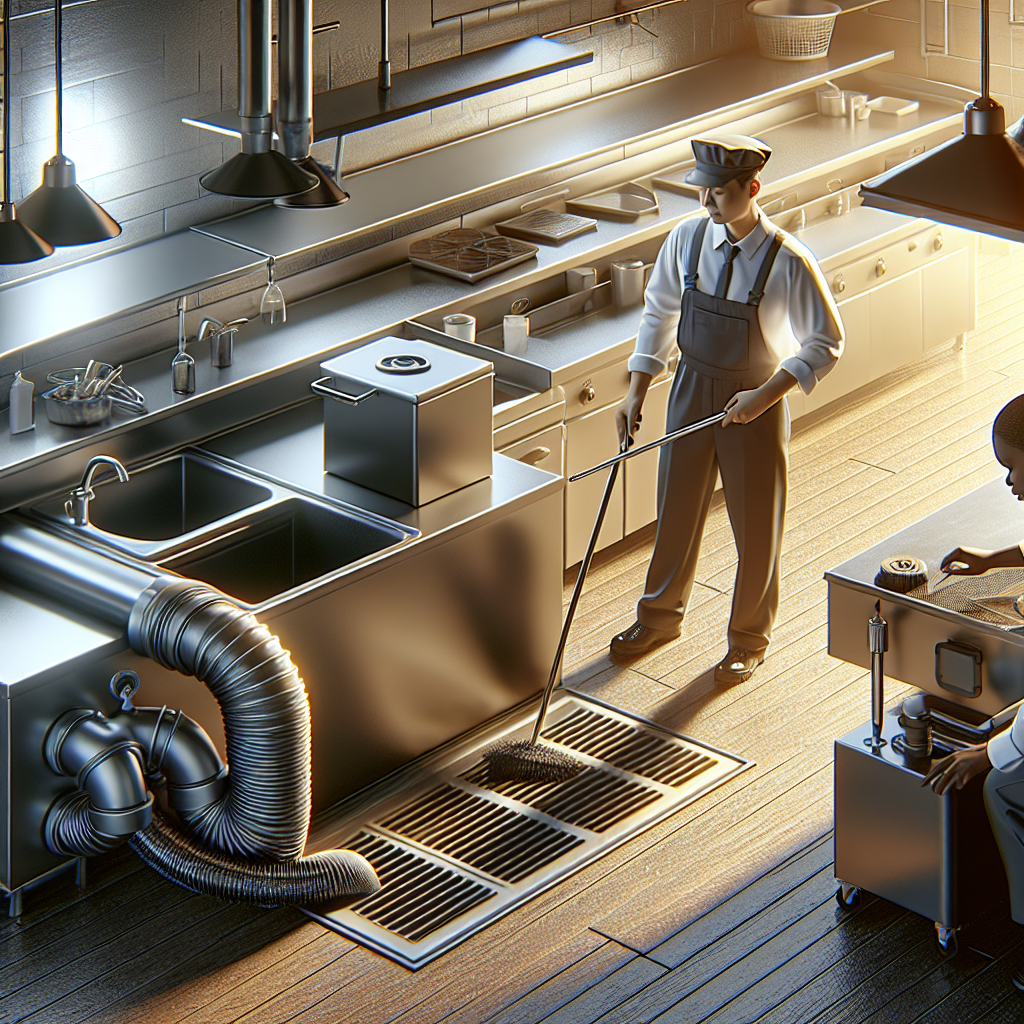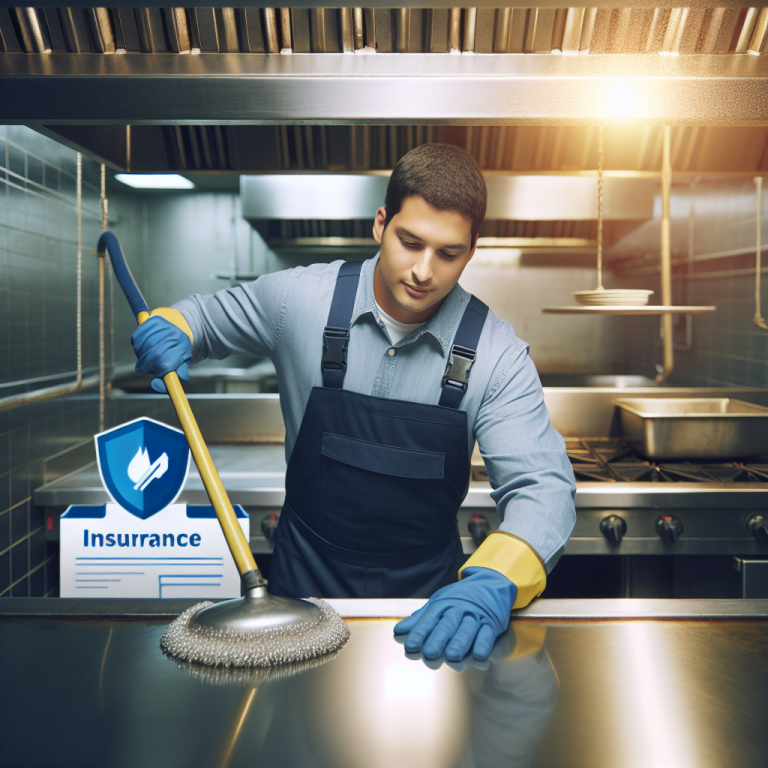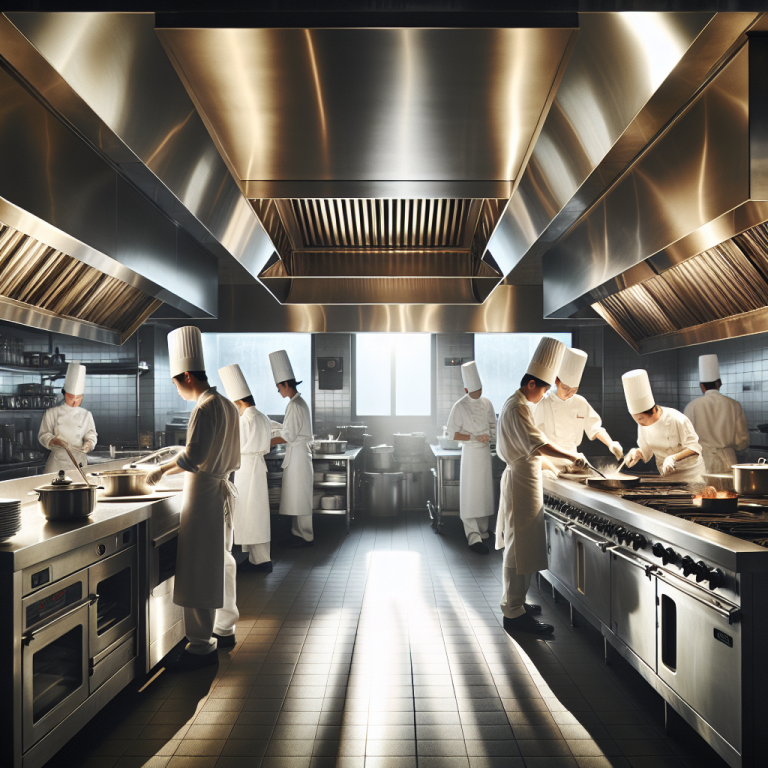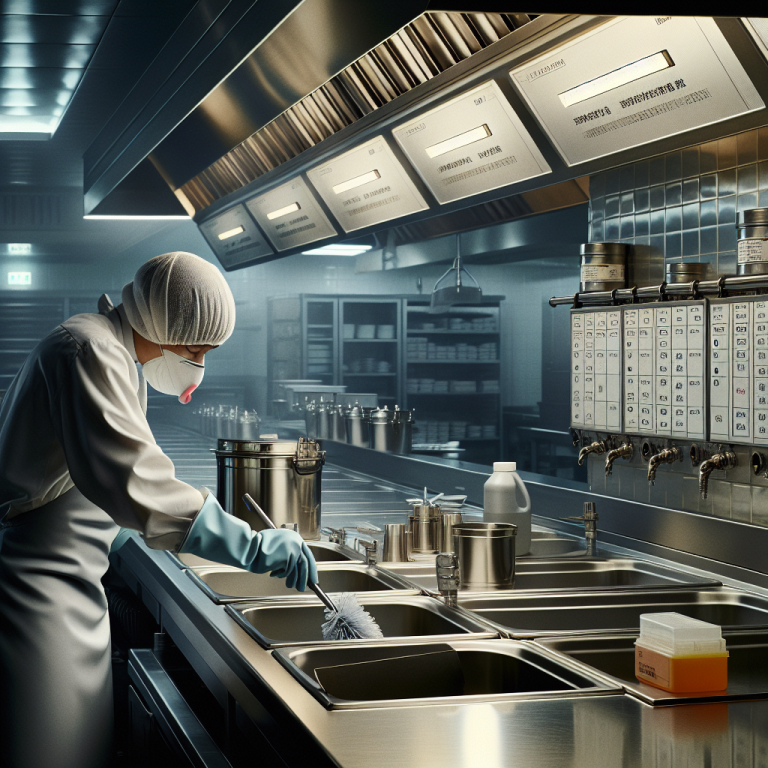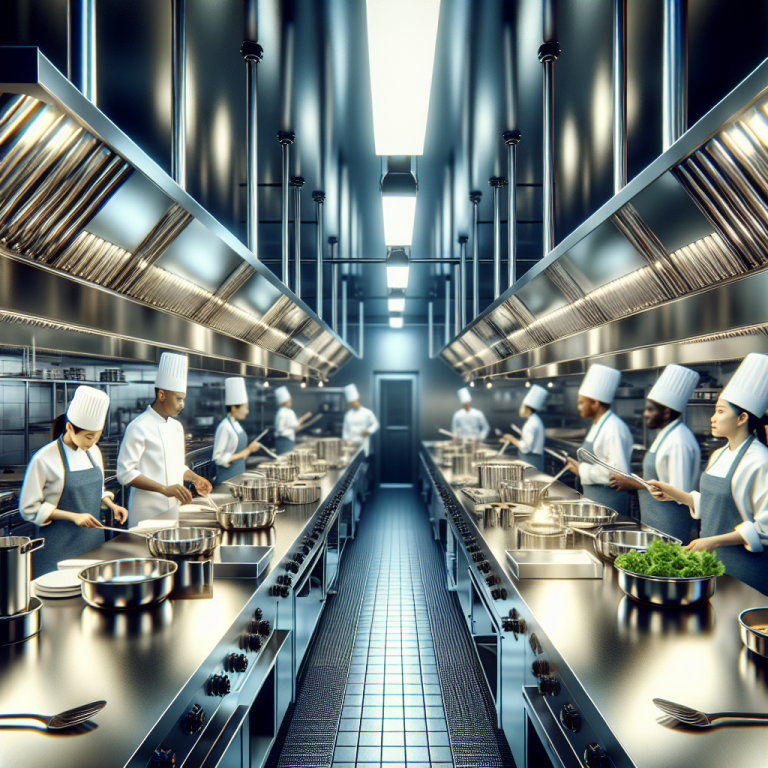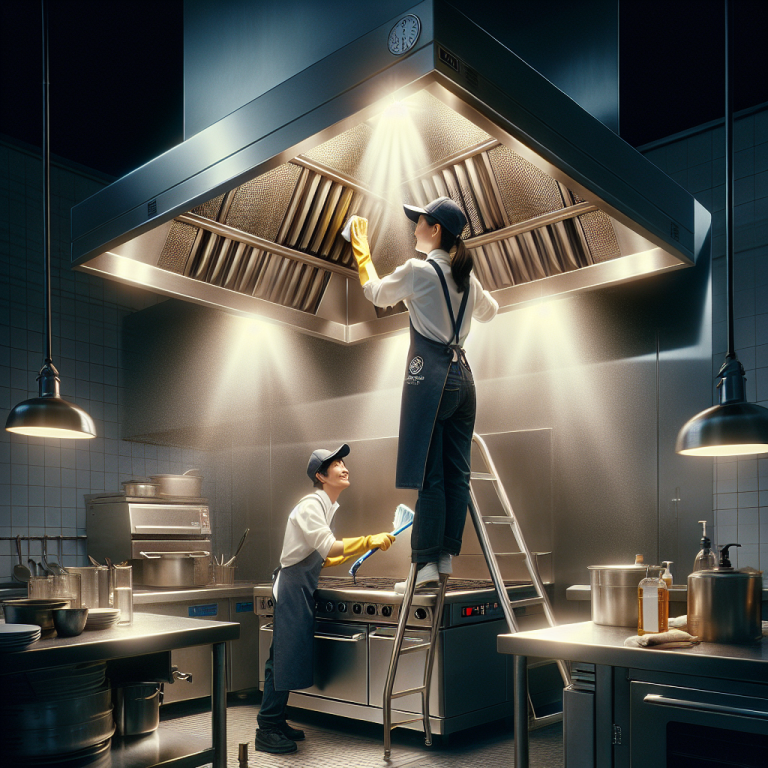Enhance Kitchen Safety with Regular Grease Trap and Hood Cleaning
Understanding the Connection: Grease Traps and Hood Cleaning
In the bustling world of the culinary arts, where dishes are crafted to tantalize the taste buds, maintaining a clean and safe kitchen environment is paramount. One might wonder how seemingly disparate elements like grease traps and hoods can form an inseparable duo essential for kitchen maintenance, especially in commercial settings. As we navigate the intricate web of maintaining a healthy kitchen, we explore the fascinating marriage between grease traps and hood cleaning, crucial players in ensuring the longevity and efficiency of any culinary establishment.
Unmasking the Silent Guardian: Grease Traps
Grease traps, often silent and unassuming, are critical components in the commercial kitchen ecosystem. These devices are designed to capture fats, oils, and grease (commonly referred to as FOG) from wastewater before it enters the sewage system. By doing so, they prevent clogged pipes and avoid potential damage to sewage treatment infrastructure.
In a bustling Phoenix restaurant kitchen, where sizzling pans churn out delectable dishes, the accumulation of grease can threaten not just the plumbing systems but the overall hygiene and safety of the cooking environment. Through effective grease trap management, restaurants ensure the efficient flow of wastewater and reduce the frequency of plumbing mishaps.
The Need for Efficient Hood Cleaning
Complementary to grease traps is the domain of hood cleaning. Restaurant hoods, more commonly known as exhaust hoods, play a pivotal role in maintaining air quality by venting smoke, heat, and grease-laden vapors away from the cooking area. In a commercial kitchen, an uncleaned hood can be a severe fire hazard, accumulating combustible fatty deposits over time.
Regular exhaust hood cleaning not only mitigates fire risks but also contributes to the maintenance of air quality within the kitchen, providing a healthier and pleasant working atmosphere for staff. In places like Phoenix, where temperatures can soar, ensuring a well-ventilated kitchen becomes even more critical.
Why Grease Traps and Hood Cleaning Must Go Hand in Hand
Maintaining separate cleaning schedules for grease traps and hoods may seem feasible on the surface, but combining these efforts is far more efficient and beneficial. Here’s why:
- Holistic Waste Management: By synchronizing the cleaning of both grease traps and hoods, restaurants streamline waste management efforts, ensuring that neither component becomes overwhelmed by grease accumulation.
- Cost Efficiency: A combined cleaning routine can reduce logistical costs associated with multiple service calls, downtime, and maintenance expenses in a commercial kitchen setting.
- Safety Compliance: Local regulations in cities like Phoenix may require certifications for grease and hood maintenance to avoid potential fines and ensure food service safety compliance.
- Enhanced Operational Performance: A clean kitchen environment not only meets safety standards but also operates more efficiently. Equipment that runs smoothly with less grease build-up reduces the risk of operational breakdowns.
Planning Your Cleaning Schedule
Implementing a cleaning schedule is pivotal for integrating the upkeep of grease traps and hoods. It’s advisable to begin by addressing these key considerations:
- Inspection Frequency: Regular inspections should precede any cleaning schedule. By assessing the state of both grease traps and hoods, restaurant owners can tailor a cleaning plan that aligns with the kitchen’s specific needs.
- Professional Assistance: Engaging with professional cleaning services ensures that all maintenance tasks are conducted with expertise and compliance with local regulations. In Phoenix, many specialized services offer comprehensive solutions tailored to the unique demands of commercial kitchens.
- Documentation: Maintaining a detailed record of inspections, cleaning appointments, and performance metrics helps streamline operations and provide evidence of compliance when needed.
The Role of Professional Hood and Grease Trap Cleaners
Entrusting the maintenance of grease traps and hoods to professionals is not just advisable but a necessity for the longevity of commercial kitchen operations. These experts bring specialized knowledge and tools to the table, ensuring that the cleaning process is thorough, safe, and up to code.
Professional cleaners in Phoenix offer tailored services that address the unique challenges posed by local environmental conditions and kitchen dynamics. Their expertise often extends beyond mere cleaning; they offer insights into optimizing kitchen hygiene and operational efficiency.
The Environmental Perspective
Beyond immediate kitchen safety and regulatory compliance, effective management of grease traps and hoods plays a significant role in environmental conservation. Preventing grease-laden wastewater from entering municipal systems helps reduce pollution and supports sustainable business practices.
In bustling urban centers like Phoenix, commercial kitchens stand as frontline warriors in the battle against environmental degradation. By integrating efficient waste management solutions, they contribute positively to the community, ensuring that their culinary contributions do not come at the cost of environmental health.
Take the Next Step with Comprehensive Cleaning Solutions
The synergy between grease traps and hood cleaning extends beyond the practicalities of maintenance and cost-efficiency. It is a fundamental partnership vital for creating a safe and thriving culinary environment. Whether you’re running a small cafe or a large restaurant chain in Phoenix, investing in comprehensive cleaning solutions ensures that your kitchen remains a beacon of excellence and safety. Embrace this perfect pair, and revel in the success of your culinary endeavors.

